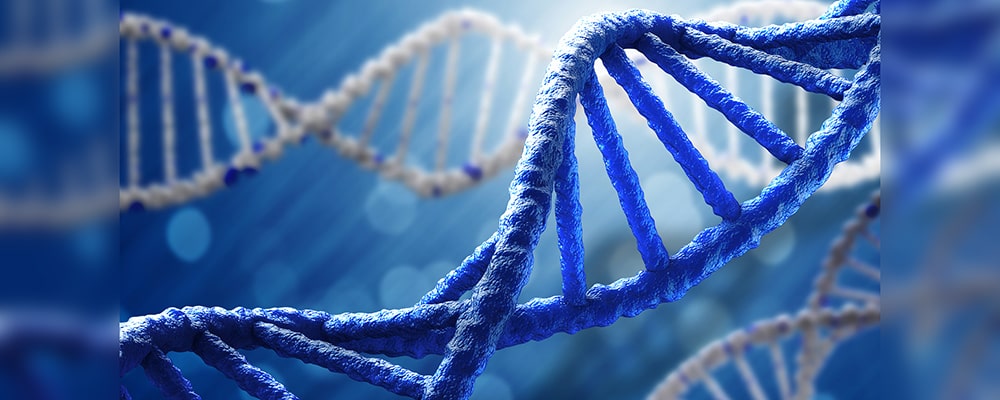
Different types of genetic diseases for humans
Different types of genetic disease in human are consist of diseases that are caused by abnormality in an individual’s genome and affects person’s entire genetic makeup. This disorder can range from minuscule to major of a discrete mutation in a base of the DNA of a single gene to one gross chromosome abnormality or more that involves addition or subtraction of a chromosome or a set of chromosomes. Some of the genetic diseases are inherited from parents, while the others are due to changes of mutations in a single of a group of gens. These Mutations can occur randomly or as a result of being under special environmental exposures.
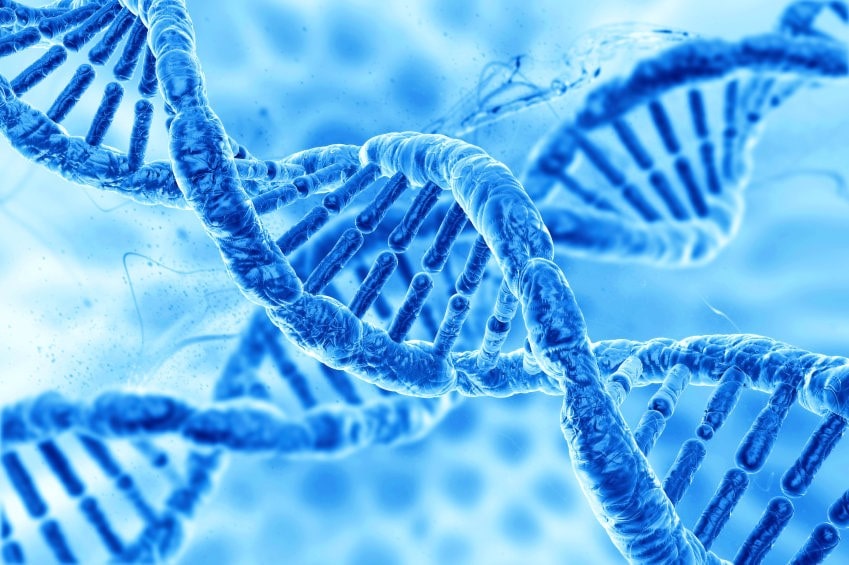
Different types of genetic inheritance can be classified as:
- Single gene inheritance
- Multifactorial inheritance
- Chromosome abnormalities
- Mitochondrial inheritance
Single gene genetic inheritance
The first type of genetic diseases is Single gene inheritance, also known as Mendelian or monogenetic inheritance, is caused due to changes or mutations in DNA sequence of one gene. More than 6,000 known single-gene disorders exist that happen in about 1 birth out of every 200. These disorders are also known as monogenetic disorders.
Some examples of monogenetic disorders are:
- Cystic fibrosis
- Anemia of sickle cell
- Marfan syndrome
- Huntington’s disease
- Hemochromatosis and …
Multifactorial genetic inheritance
These diseases are called complex or polygenic inheritance. These genetic diseases are result of a combination of environmental factors as well as mutations in multiple genes. As an example, different genes that affect breast cancer have been found in 6, 11, 13, 14, 15, 17, and 22. Some of the chronic diseases are also multifactorial disorders.
Some examples of these disorders include:
- Heart disease
- High blood pressure
- Alzheimer’s disease
- Arthritis
- Diabetes
- Cancer
- Obesity and …
These diseases are concerned with some of the heritable traits such as patterns of fingerprint, height, eye color and skin color.
Chromosome abnormalities
The third type of genetic diseases is Chromosomes (distinct structures of DNA and protein) can be found in the nucleus of each cell. Since chromosomes are in charge of carrying the genetic materials, any kind of abnormalities in their number or structure can result in disease. Abnormalities in chromosomes typically occur due to some problems during cell division.
- Down syndrome (Trisomy 21)
- Turner syndrome (45, X0)
- Klinefelter syndorme (47, XXY)
- And …
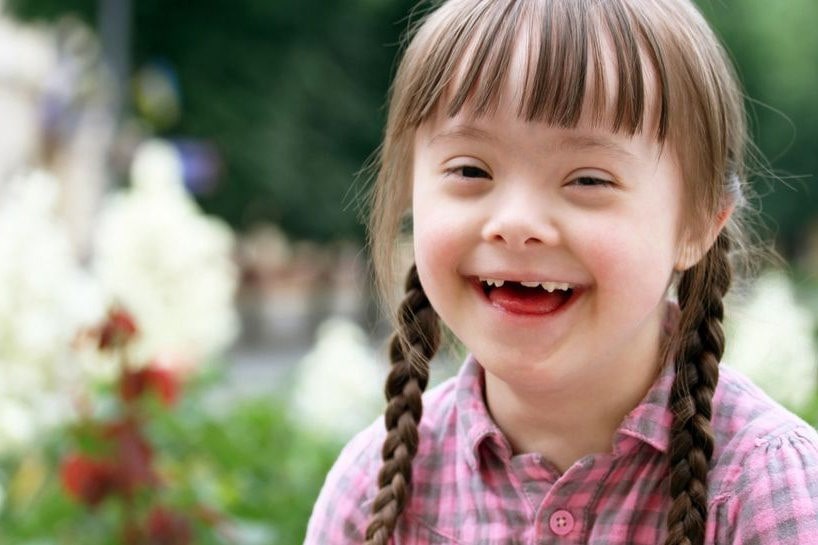
Mitochondrial genetic inheritance
This type of genetic disease is due to mutations in the mitochondria’s non-nuclear DNA. Mitochondrion is a small round or rod-like organ that is involved in cellular respiration procedure and can be found in the cytoplasm of plant and animal cells. Each mitochondrion can have 5 to 10 circular pieces of DNA. Since egg cells and not cells of sperm, keep the mitochondrion during fertilization, mitochondrial DNA is always inherited from the female parent.
Some examples of mitochondrial diseases are listed below:
- A kind of eye disease that is called Hereditary Optic Atrophy;
- A kind of epilepsy that is called MERRF
- a form of dementia that is called MELAS and …
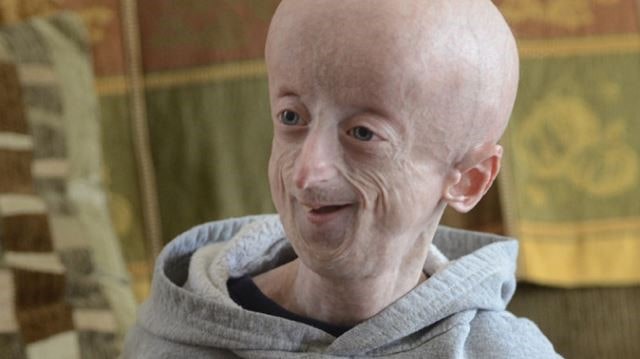
Rare genetic diseases
There are also very rare genetic diseases, all of which can affect only a few people. These diseases can rather cause serious damages on individuals’ health or only affect their appearance and make them look different. Among these types ,one can refer to Reye syndrome 99 (which occurs in early childhood and affects child mentally and physically in a way that can eventually cause early death of the patient) and early aging.
Summary:
Genetic disorders are result of abnormality or mutation in individual’s DNA. Examples of genetic diseases are: Down syndrome, muscular dystrophy, thalassemia, hemophilia and … Meanwhile, very rare genetic diseases can affect people less frequently. Those families which are under the danger of these diseases should consult the situation with an expert doctor. Genetic counseling is beneficial for better understanding of the disorder’s effects and probable ways of treatment.


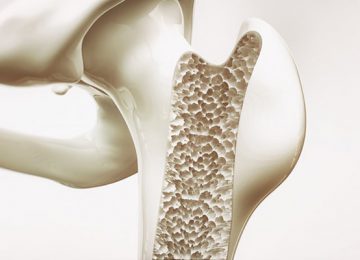



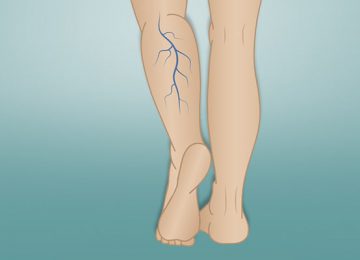




Reviews
Number of pending reviews15223